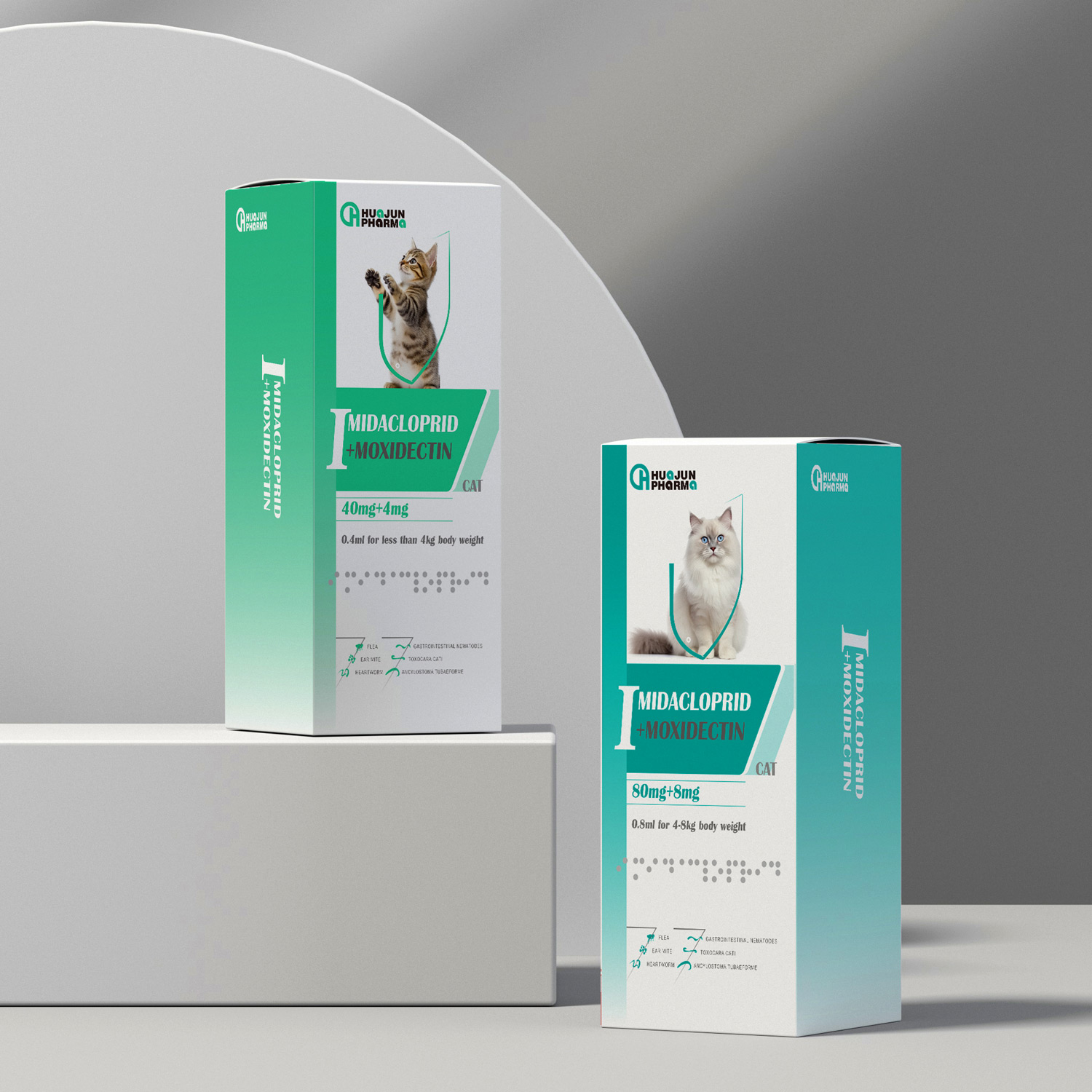
Aug . 06, 2024 05:41 Back to list
Exploring the Use of Ivermectin Injectable for Cattle in China and Its Benefits
The Role of Ivermectin in Cattle Health Management in China
Ivermectin is a broad-spectrum antiparasitic agent widely used in veterinary medicine, particularly in cattle farming. It has become increasingly important in managing livestock health in China, where the agricultural sector plays a crucial role in the economy. As the demand for quality beef and dairy products rises, the effective management of cattle diseases has garnered attention. This article explores the use of injectable ivermectin in cattle, particularly in the context of Chinese animal husbandry.
Ivermectin is effective against a variety of internal and external parasites, including nematodes, ticks, and lice. Its mechanism of action involves binding to glutamate-gated chloride channels, causing paralysis and death in parasites. This makes ivermectin a preferred choice for cattle farmers who are facing challenges with parasitic infections, which can lead to reduced productivity and economic losses.
The Role of Ivermectin in Cattle Health Management in China
The use of injectable ivermectin not only promotes better health in cattle but also contributes to enhanced productivity. Healthy cattle yield more milk and meat, which is essential for meeting the country's food demands. Moreover, proper parasitic management reduces the need for antibiotics, addressing concerns related to antibiotic resistance and promoting sustainable farming practices.
china ivermectin cattle injectable

Despite the benefits, the use of ivermectin is not without challenges. There are growing concerns regarding the development of resistance among parasites. This phenomenon can occur when ivermectin is used excessively or improperly. In response, farmers are encouraged to adopt integrated pest management strategies that combine the use of ivermectin with other methods, such as rotational grazing and maintaining good hygiene practices. This holistic approach helps in sustaining the effectiveness of ivermectin and minimizing the risk of resistance development.
Furthermore, regulatory guidelines regarding the use of veterinary drugs in China are becoming increasingly stringent. Farmers must comply with safety standards to ensure that meat and dairy products are free from harmful residues. This places an emphasis on proper dosing and withdrawal periods for ivermectin, thereby ensuring food safety for consumers.
Educating farmers on responsible usage practices is essential. Training programs and resources should be provided to ensure that cattle owners understand the importance of adhering to dosage guidelines, recognizing signs of parasitic infections, and implementing integrated management practices. The success of injectable ivermectin in cattle health will ultimately depend on the collaboration between farmers, veterinarians, and regulatory bodies.
In conclusion, injectable ivermectin plays a vital role in managing cattle health in China, addressing the challenges posed by parasitic infections. Its effectiveness contributes significantly to enhanced productivity and sustainability in the livestock sector. However, with the potential for resistance and the importance of food safety, responsible usage and integrated management practices are crucial for the long-term success of ivermectin in cattle farming. As the industry continues to evolve, ongoing education and collaboration will be key to ensuring that both farmers and consumers benefit from this invaluable veterinary drug.
-
Quality Bacillus Coagulans BC30 Factory - Expert Production
NewsAug.02,2025
-
China Salivation AI with GPT-4 Turbo Features
NewsAug.01,2025
-
Epic Sepsis Factories: AI-Driven Detection with GPT-4 Turbo
NewsJul.31,2025
-
Acute Salpingitis and Oophoritis AI Factory
NewsJul.31,2025
-
Premium China Bacillus Subtilis Supplier & Factory Solutions
NewsJul.30,2025
-
Premium Avermectin Supplier in China | Custom Solutions Available
NewsJul.29,2025




